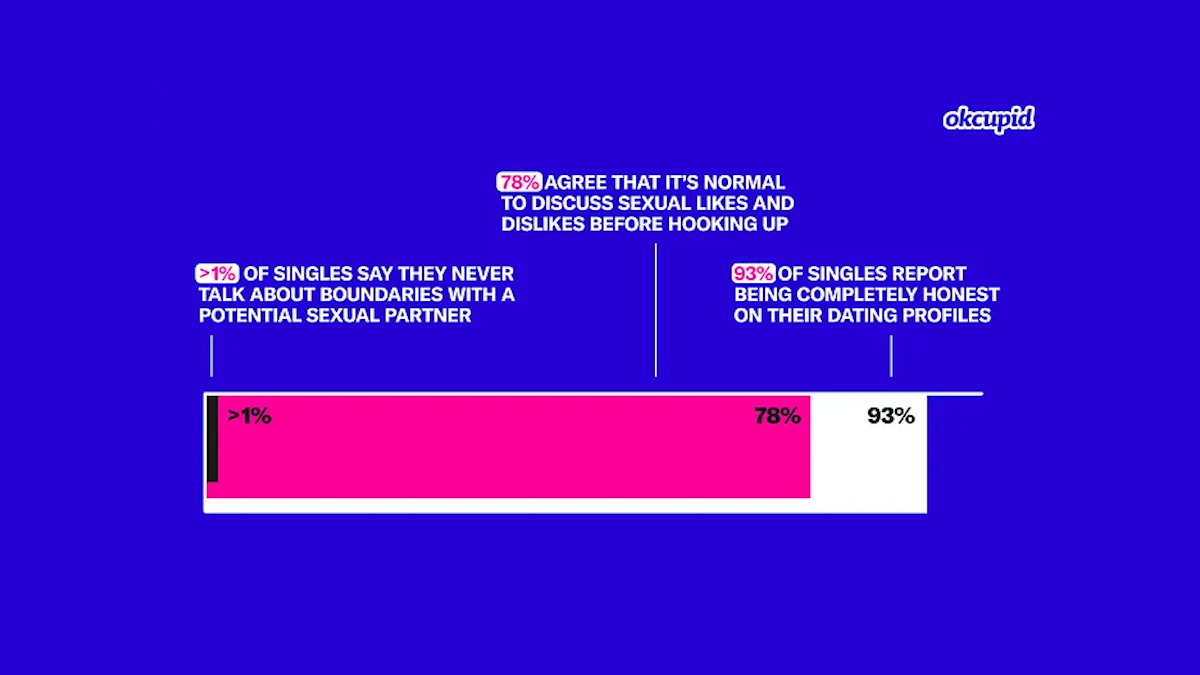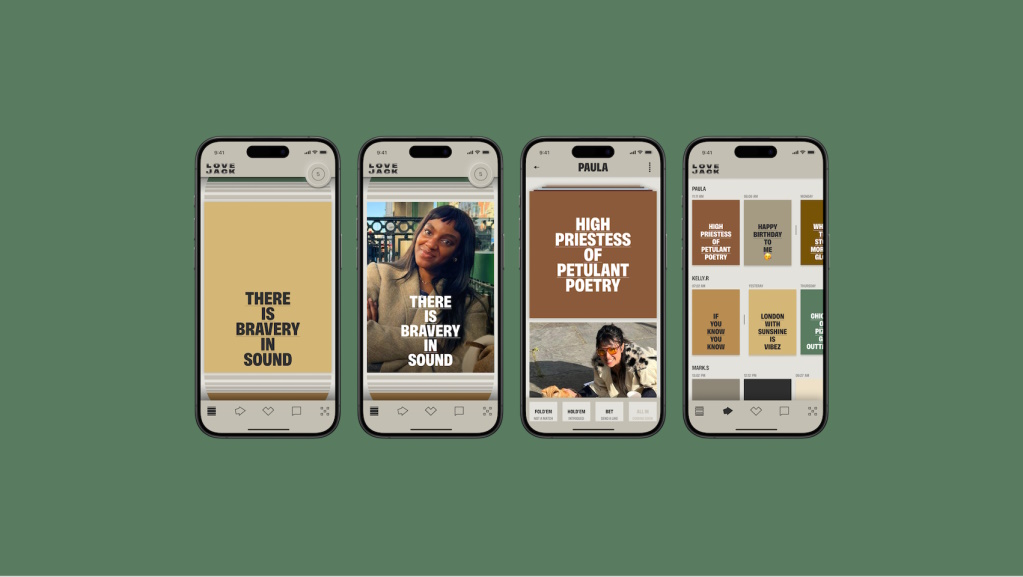A new survey from QuackQuack highlights an emerging dating trend among Gen Z users that challenges the curated norms of online matchmaking. The approach – known as “reverse catfishing” – involves users intentionally presenting a less polished version of themselves to attract more sincere and emotionally grounded matches, even if it means misrepresenting their accomplishments.
The app’s recent survey, conducted with over 7,400 users aged 18 to 27 from cities and rural regions alike, found that two in five respondents are engaging in reverse catfishing. Additionally, 21% said that “not flexing at all is the newest flex,” and 28% reported being more attracted to profiles that felt “real,” even if they lacked visual or professional polish.
QuackQuack CEO Ravi Mittal described reverse catfishing as “a love letter to emotional intelligence,” highlighting a move toward deeper, more intentional dating experiences. The app’s data also shows that while reverse catfishing might result in fewer initial matches, these connections are often more meaningful and longer-lasting, or at least come from users who are looking beyond surface-level dating app details.
Interestingly, 27% of women between 18 and 25 stated that reverse catfishing also helped protect them from unsuitable matches. Rather than being messaged by men who were only interested in their physical bodies, having a low-key profile tended to result in more matches from users who had a shared interest or some other deeper point of connection, making it easier to curate the kind of messages they were receiving.
3 in 5 male users felt that while it was still technically a “trick”, it served as a non-toxic way to draw in matches that they could later “WOW” with a sudden upgrade. For example, a user could hide desirable parts of themselves such as their physical fitness or career achievements, only revealing it later when an authentic connection has already been established.
While this is still a relatively recent trend, it may become a major part of dating going forward as users shift more and more towards meaningful matches over quick surface-level swipes – and it could be something that dating apps may have to start actively accounting for in their algorithms and profile systems.
























